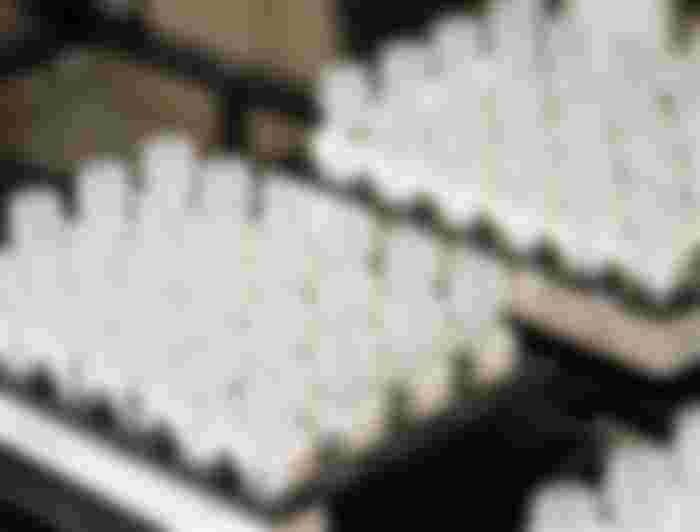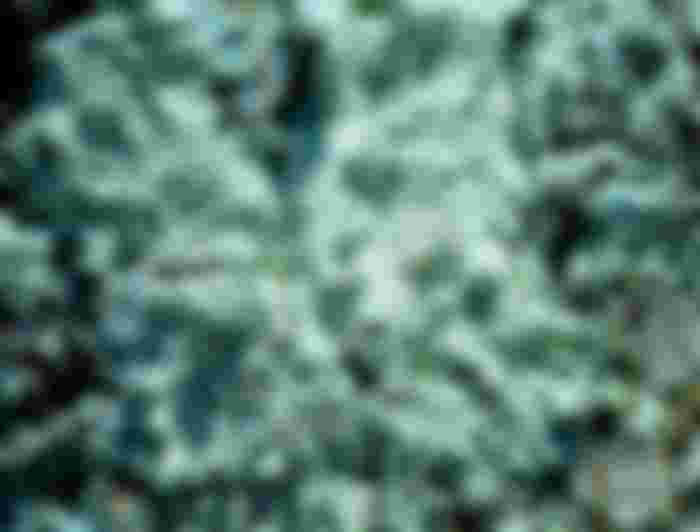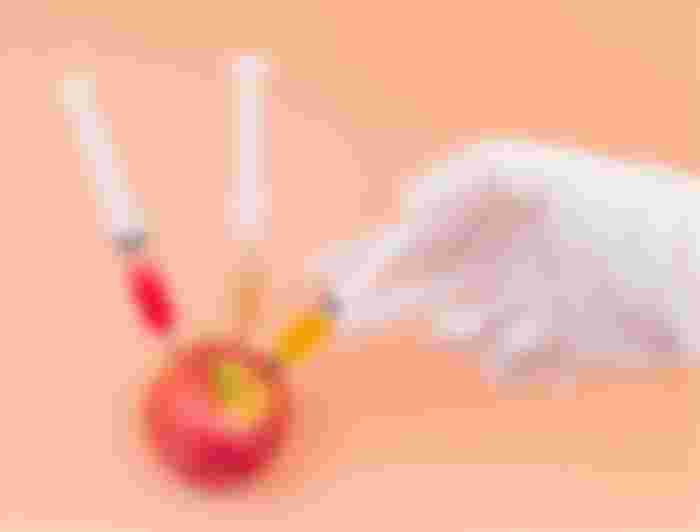The idea of evolution by natural selection is often cited as one of the best evidences for the validity of Darwin's theory. However, this article will explore how genetic variation alone cannot fully explain evolution due to some limitations that it imposes on populations. There are many factors that contribute to evolutionary change, and while genetics plays an important role in shaping what traits survive over time, other factors like environmental pressures can also affect which traits persist through generations. When considering the evolutionary process, it is important to consider all possible explanations.
Genetic Variation does not Exist in Isolation
The first thing that must be recognized about natural selection is that it requires variation upon which to act. If there were no variation present, then how could nature decide what changes are advantageous?

However, genetic variation can only exist when there is a system for its transmission, and the process of sexual reproduction provides an avenue for this system to be passed down from one generation to another. In order for genetics to explain evolution, it must be assumed that this variation randomly changes over time due to spontaneous mutations or other undetermined causes.
In regard to genetic diversity, Darwin said,
" Yet why should not variations useful to beings, under their excessively complex relations of life, occur hitherto independently of selection ? "
The fact that mutations can be random is important because it establishes a limit upon the type of variation that can be obtained. This idea was recognized by Darwin when he said, "…man does not actually produce variability ; he only unintentionally exposes organic beings to new conditions…and then nature acts on the organisation and causes it to vary."
When there are multiple traits that are passed down from one generation to another, genetic correlations arise. What this means is that some genes are correlated with other genes because they tend to change together over time. simple example would be if two traits are always changing in the same direction, so if one has a positive value, then it is likely that the other will have a positive value as well.
In order for evolution to occur, natural selection needs heritable variations upon which to act. If all of these variations are genetic in nature and they do not change independently from one another, then this limits how much variation is actually possible. This can be shown by an example where three traits A ,B, and C are being passed down from each parent to their offspring. Since trait A changes with trait B , and both of them change together with trait C , they cannot change independently because doing so would violate the laws of probability.

In order for natural selection time select between two versions of a trait, one would have to be selected over the other. If this is the case, then natural selection cannot act upon all three of these traits at once because it would require two steps instead of one.
While it is true that mutation can provide variation with which to select, most mutations are either neutral or harmful. A simple example would be if an individual was born with two dominant genes for color blindness, then they most likely will become color blind since it would be difficult to survive without this trait. An even more extreme example of a situation where multiple congenital abnormalities may arise is given by Haldane who said
"I have seen a woman who had webbed hands and feet like those of a duck… I would rather not see that happen again." (Norton said)

If mutations do not occur frequently enough to overcome genetic correlations, then new variations upon which natural selection can act are not being generated. Since mutations are only random changes that are independent from one another, this limits the amount of variation possible within a given time frame.
Although there is variation in every generation, new variation cannot arise if it cannot be acted upon by natural selection. If multiple genes always change together or if they don't change at all, then natural selection has nothing on which to act and evolution through adaptation is impossible. When considering whether genetics have anything to do with evolutionary theory , it is important keep these factors in mind.



An interesting and rare focus on forces within Evolution, attempting to out-science science in the arguments that, sadly, still go on concerning this subject.
However interesting it is, there are a few points to make here.
I couldn't help but notice a few things.
The main thing I notice is that you mix up probability and impossibility and seem to substitute rarely for never a lot. The other thing is that you make a distinction between mutation and natural selection that might not be there. Natural selection is not a conscious act performed by another entity. It is also not something that is always guaranteed to deliver the same results nor is it something that is subject to the same causes.
Most of the time the natural selection follows the causality chain "Mutation, benefit, survival, procreation" and results in a stronger more survivable species replacing the previous iterations. But there are many instances where, for example, a change in environment causes a species that was or should be on its way to extinction to suddenly thrive and become more dominant in its surroundings.
We ourselves are maybe one of the most poignant examples of such an occurrence. If the Asteroid hadn't hit Chichilub the mammals might never have had the opportunity to thrive and develop which ultimately led to us. Another example is the species of animals that were unique to Doggerland that went extinct because the sea levels rose and Doggerland became the North Sea. Natural selection and genetic mutations aren't mutual exclusives, nor is one impossible without the other.
Genetic mutations are just one of the possible "tools" if you will with which natural selection (itself part of evolution, not evolution itself) achieves its results. Its also prudent to keep in mind that natural selection is not something that is purposely and consciously enacted, but merely a name was given to one of the processes which are part of evolution (which is not a theory)
In relation to the pairing of mutations, you imply impossibilities and in-seperabilities that cannot be scientifically justified. There are improbabilities and probabilities that rarely occur in different ways than those we see or know of. But that does not mean it is impossible for them to occur differently. I wake up every day and make a pot of coffee first before doing anything else. It is improbable that I do something else first but not impossible.
Taking the timespans involved in the evolution and natural selection and the number of factors that can have an effect on both you're right in the premise your title states but I have a feeling the intent of the article wasn't to support and endorse evolution, while that is effectively what it does when one takes into account the points I mention in this reply.
Evolution is not a theory, it is one of if not the most scientifically tested and proven facts known to mankind.